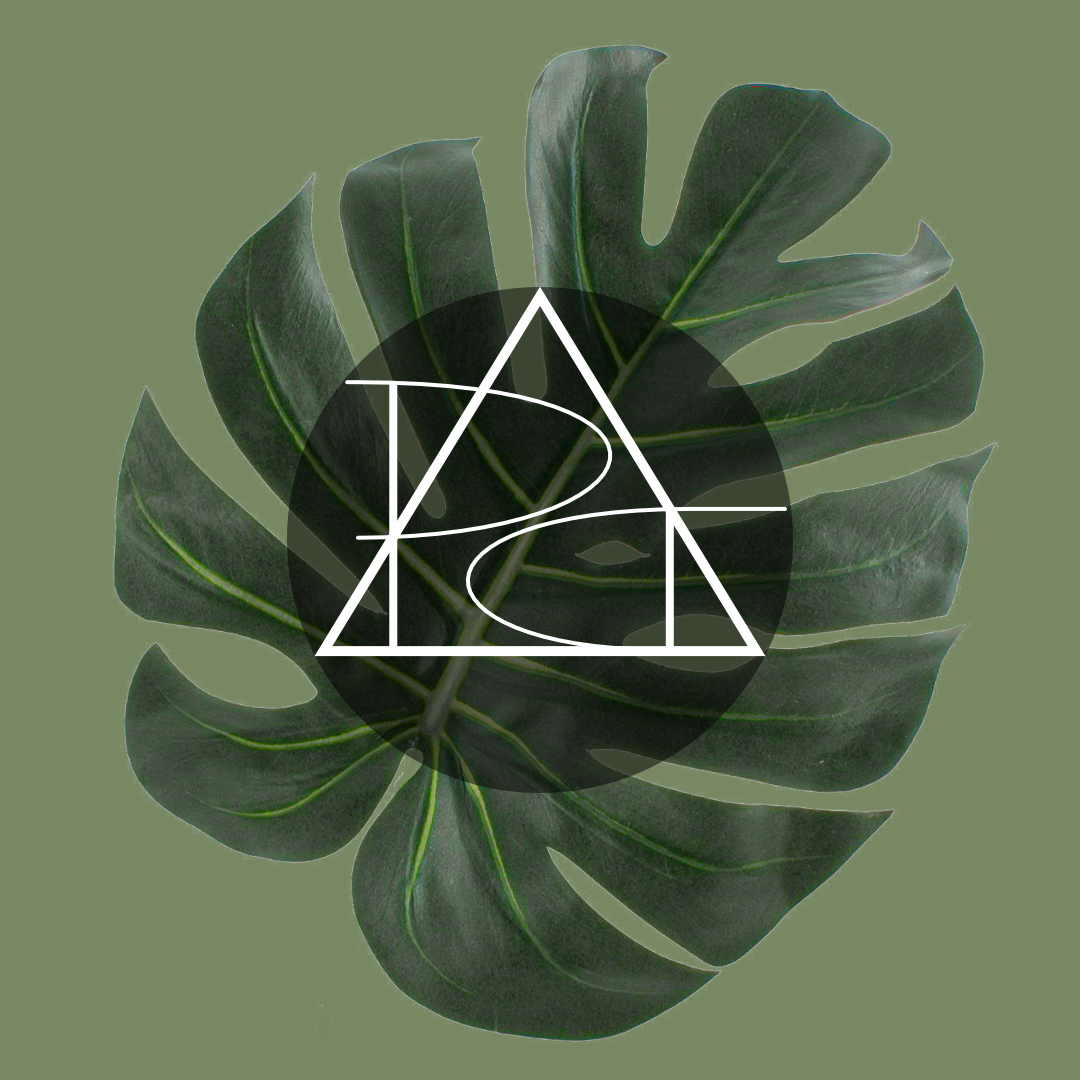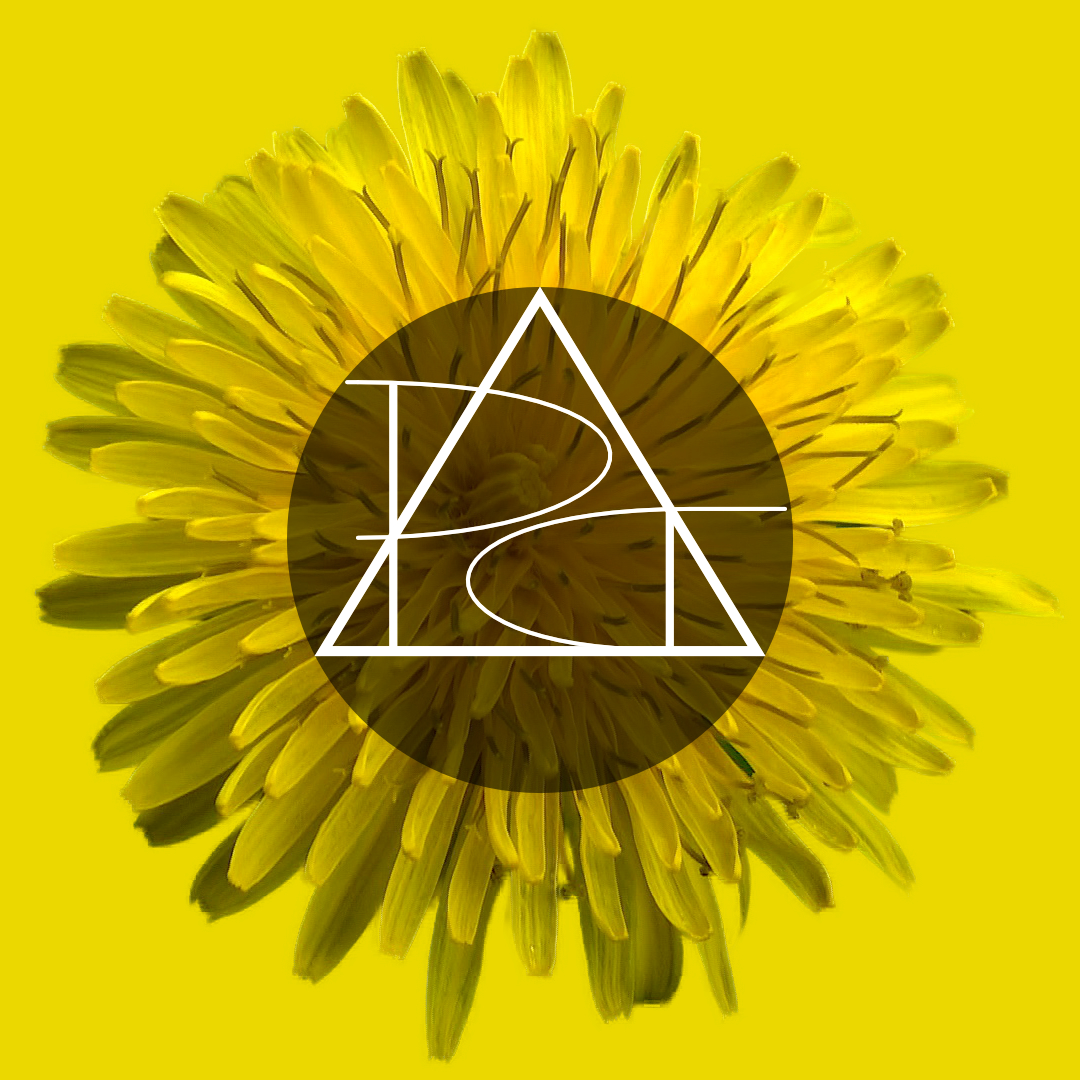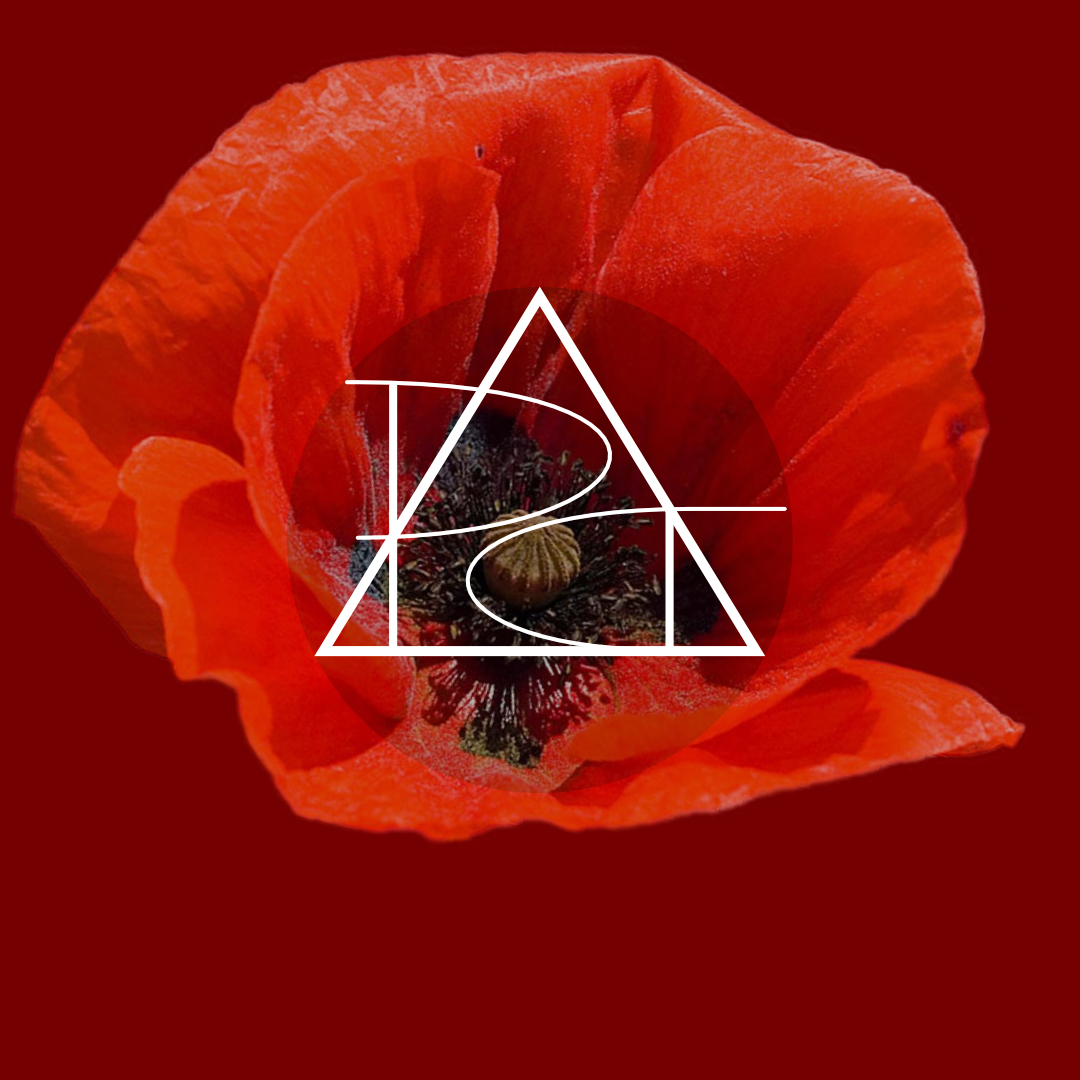PACT: “Populism and Conspiracy Theories”
When, how, why, and to what effects do populists articulate conspiracy theories? Does their significance change when parties move from the opposition into power? Do populist leaders employ conspiracy theories more frequently in cultures where they are stigmatized because this allows them to fashion themselves as anti-establishment? Or do they use them less in such contexts because they are still largely unsayable and thus would alienate many members and potential voters? Do populists spread conspiracy theories more frequently on social media than in real life? How do populist movements deal with the fact that some of their members believe in conspiracy theories, but others do not? Does this cause tensions within movements and parties, or is it entirely ignored?
PACT seeks to answer these and related questions. It conceives of populism as characterized by four basic characteristics: (1) the existence of the two groups of the people and the elite; (2) their antagonism; (3) the celebration of popular sovereignty; and (4) the moral glorification of the people and the critique of the elites. By the same token, conspiracy theories – the belief that events are secretly manipulated behind the scenes by powerful forces – assume that (1) nothing happens by accident; (2) nothing is as it seems; and (3) everything is connected.
The project is particularly interested in the impact of conspiracist populism on democratic societies and their political culture. It therefore focuses on democratic countries where populists are or recently were in power. Cases studies will be conducted on Brazil, Austria, Italy, Hungary, and Poland.
Whereas scholarship has so far focused either on the rhetoric and performance of populist leader figures or addressed the beliefs of their followers in quantitative studies, PACT combines discourse analysis (of speeches, party manifestos, social media, etc.) with ethnographic fieldwork (participant observation and semi-structured interviews). Researchers will spend six months in the countries studied before and after the upcoming presidential or parliamentary elections. Thus, the project will provide a holistic and comprehensive account of the relationship between populism and conspiracy theory.
The PACT Project consists of six subprojects:
Subprojects
Conferences
Publications
The PACT Timeline






